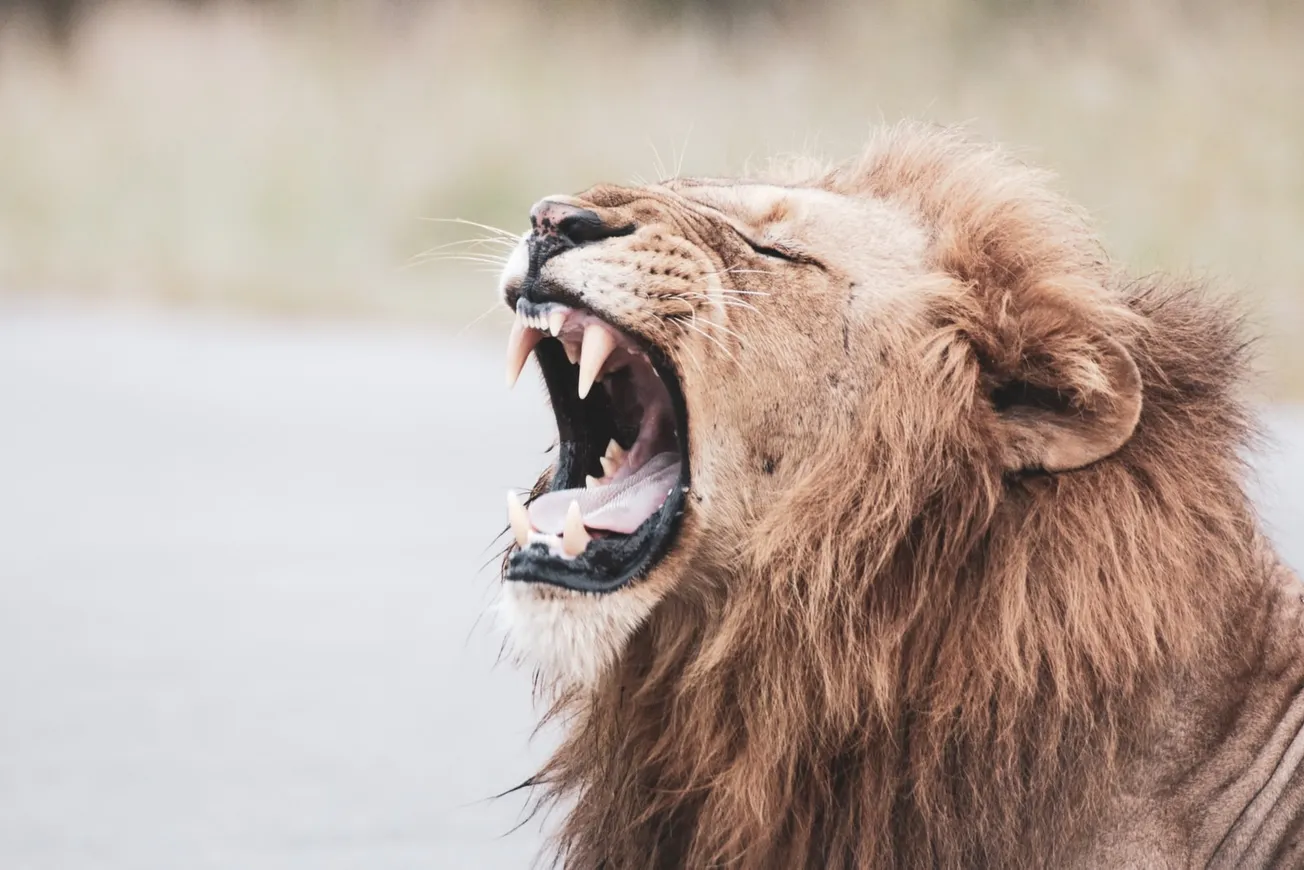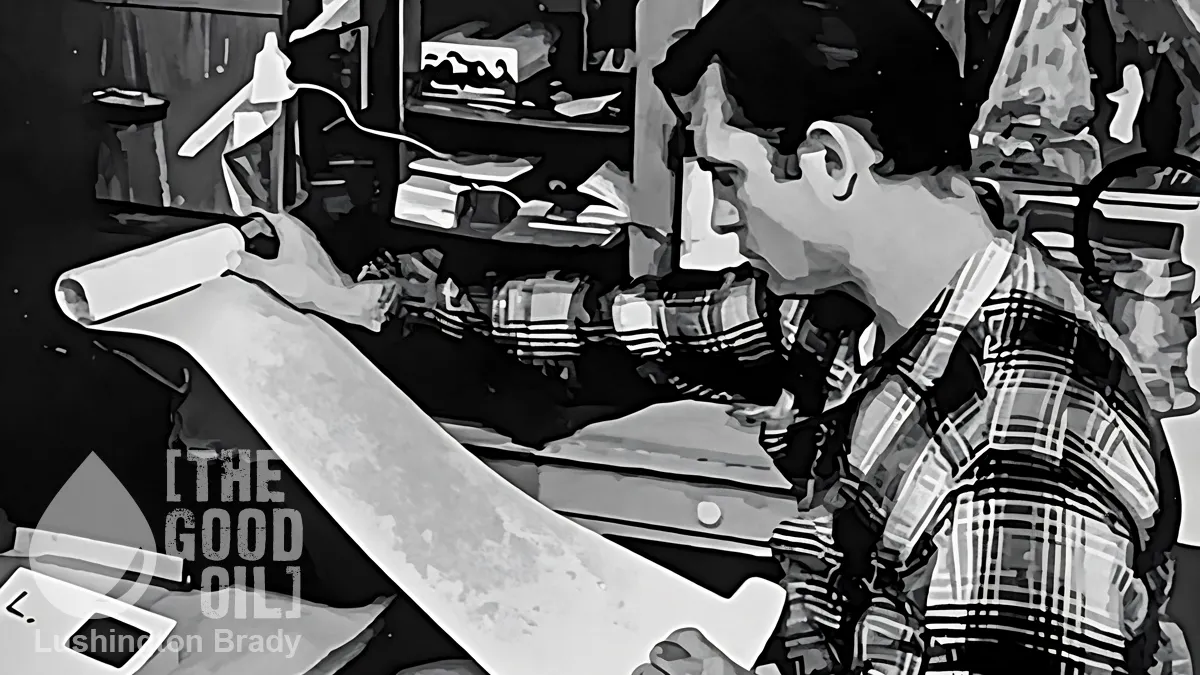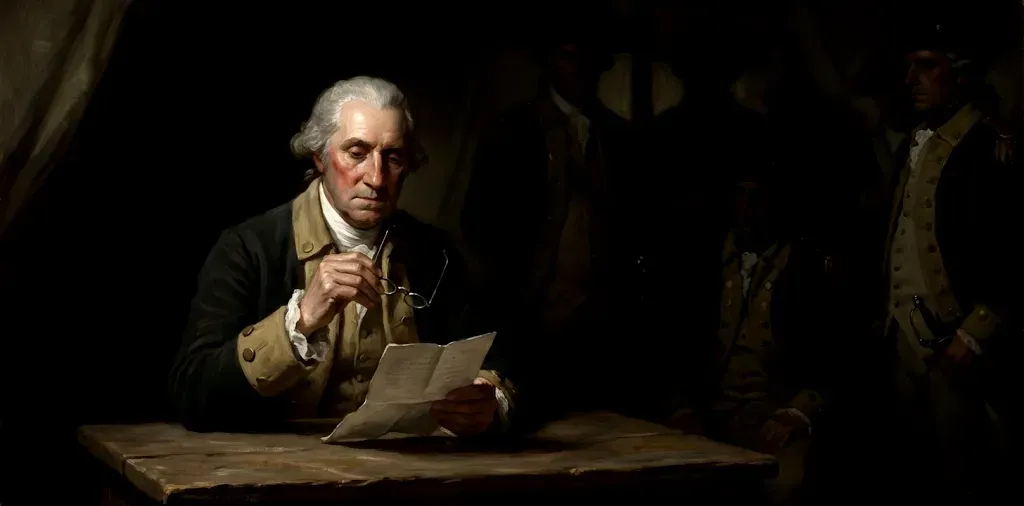Table of Contents
T. K. Coleman
T.K. Coleman is the Education Director at FEE and a co-host for The Minimalists Podcast.
In The Lion, the Witch, and the Wardrobe, a classic children’s story by C.S. Lewis, a group of children inadvertently discover a magical realm called “Narnia” hidden within a wardrobe in the mysterious mansion where they are staying during World War II.
As the children enter Narnia, they find themselves in the middle of an age-old conflict between the malevolent White Witch, who has plunged the land into eternal winter, and the noble lion Aslan, who embodies goodness and virtue.
Early in the story, the children have a conversation with one of the creatures of Narnia, Mr. Beaver, who tries to describe the goodness of Aslan.
“Is he a man?” asked Lucy.
“Aslan a man!” said Mr. Beaver sternly. “Certainly not. I tell you, he is the King of the wood and the son of the great Emperor-Beyond-the-Sea…Aslan is a lion — the Lion, the great Lion.”
Ooh,” said Susan. “I thought he was a man. Is he — quite safe? I shall feel rather nervous about meeting a lion.”
“That you will, dearie, and no mistake,” said Mrs. Beaver; “if there’s anyone who can appear before Aslan without their knees knocking, they’re either braver than most or else just silly.”
“Then he isn’t safe?” said Lucy.
“Safe?” said Mr. Beaver; “don’t you hear what Mrs. Beaver tells you? Who said anything about safe? ‘Course he isn’t safe. But he’s good.”
This exchange beautifully captures the tension inherent in our modern relationship with the power of words: We want goodness, but we crave safety.
We desire a society that fosters good ideas and creative insights, while simultaneously seeking refuge from the unsettling words and conversations that arise when freedom of expression is upheld.
Debates over cancel culture, safe spaces, and hate speech serve as mere glimpses into a broader dilemma that has endured since the inception of the United States: Should we advance what is best by restraining what is worst, or should we champion a society where all viewpoints are free to be voiced, even at the risk of causing harm?
Freedom of speech, like Aslan, is frightening and untamed, but also necessary and good. Moreover, freedom is not only good, but it is the one good upon which all other goods depend.
Without free speech, the world might be free of offensive jokes and harmful insults, but it would also be “free” of the room to fight back whenever we wish to question or contend with whoever is in charge of telling us what words to use.
More importantly, free speech and cognitive liberty go hand in hand.
When we are not free to publicly express private thoughts, we lose the social and economic incentive to be intellectually honest, philosophically rigorous, and aesthetically adventurous.
Freedom of speech isn’t just about someone else’s right to be mean. It’s about what gives us the power to educate ourselves, make new discoveries, and express our creative energies in the very ways that make us distinctly human.
This article was republished with permission from NOLA.
This article was originally published on FEE.org. Read the original article.









